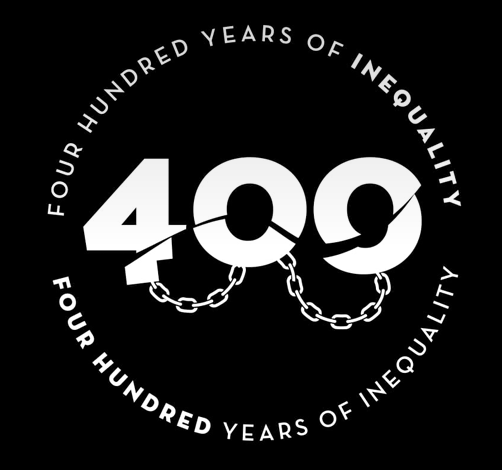
Curriculum Disruption Week at Urban Studies
Curriculum Disruption Week: 400 Years of Inequality is October 12-18, 2017.
The New School both denounces divisive rhetoric and hopes to mobilize the great strength of our educational mission to engage with the issues of the moment and histories of their formation. One of this year’s initiatives is a Curriculum Disruption Week entitled “400 years of inequality,” which considers, but is by no means limited to, the period that began in 1619 when the first Africans were brought to Jamestown and sold into bondage. During the week of October 12 through 18 all faculty are invited to help build a university-wide conversation by using class time to explore the history of inequality in this country, current configurations of inequality and their consequences, and the global impact of these events and structures.
HERE’S WHAT’S HAPPENING IN URBAN STUDIES
- Reft, R. “From Bus Riders Union to Bus Rapid Transit: Race, Class, and Transit Infrastructure in Los Angeles.” KCET. May 14, 2015.
- Monroe, D. “Where It All Went Wrong: If only we could undo the MARTA compromise of 1971.” Atlanta Magazine. August 1, 2012.
In Sensing the City, Urban Studies professor Joseph Heathcott is examining with his class visuality / optics / the sense of sight. They are studying varied ways that people use “vision” to model the world. For example, they read about vision as both a neurocongitive and social construct, with attention to things like colorblindness and how blind people “see” (for example, through echolocation). One of the key issues discussed was the ways in which the optics of race and gender structure experience in urban space. They read a very important essay by Garnette Cadogan titled “Walking While Black,” published by Literary Hub in 2016. The students found this piece powerful and evocative, and they will draw on its lessons as part of their assignment to create ‘Sensory Walks’ in the city.
In professor Emily Bills’ class, My Home is Not a House! Explorations in Alternative Housing, the students are spending time this week looking at how their course topics in political, class, racial and environmental insecurity in housing relate to “400 years of inequality.” They’re also taking the opportunity to interrogate the syllabus from a transdisciplinary perspective and ask what topics, and whose voices, are missing from their conversation this semester with regard to inequality.
Both of Professor von Mahs’ classes – the lecture course Landscapes of the City and the first year advising course Urban Problems, Urban Actions – were already scheduled to discuss Segregation in American Cities, a topic that can only be fully understood when taking America’s long and persistent history of social, racial, and spatial inequality into consideration. To provoke further and broader discussion about historic and contemporary inequality in cities, Professor von Mahs is inviting his classes to discuss the lyrics of controversial hip-hop artist Immortal Technique (aka Felipe Andres Coronel). His songs “Poverty of Philosophy” and “Open Your Eyes” in particular provide his audience with unfiltered, raw, and insightful commentary on racial and economic inequality in America and should give students ample reason to pause, think, and understand why coming to terms with our past is the only way we can pave a path into a more inclusive, just, and equitable future.